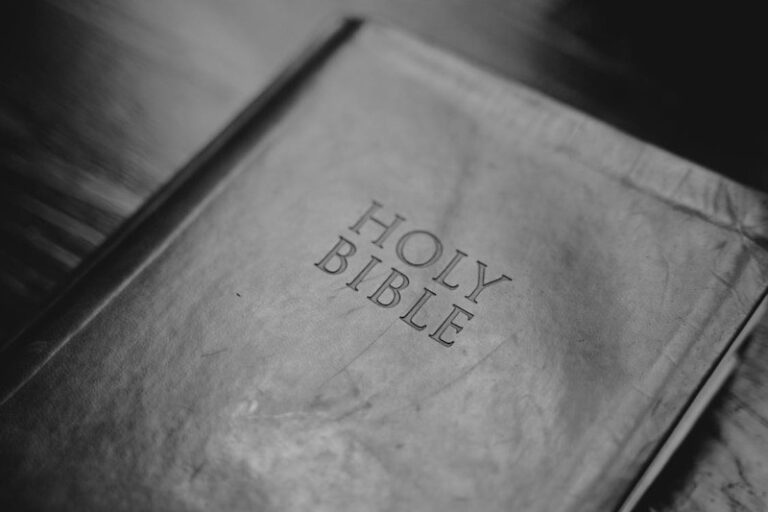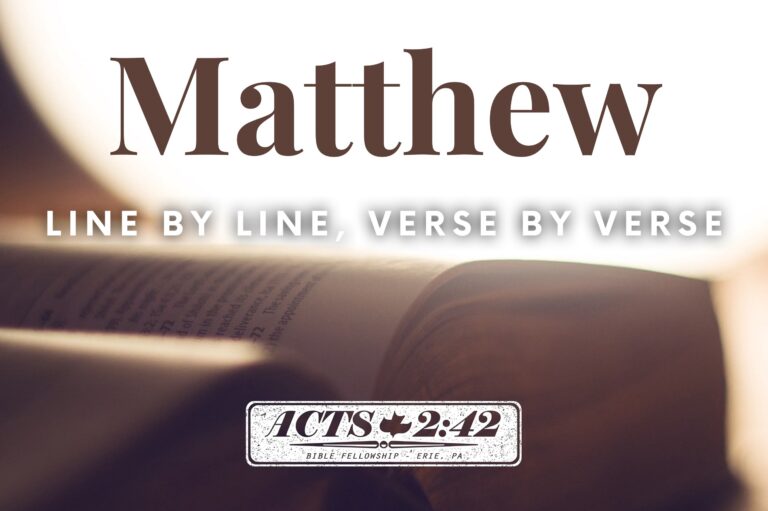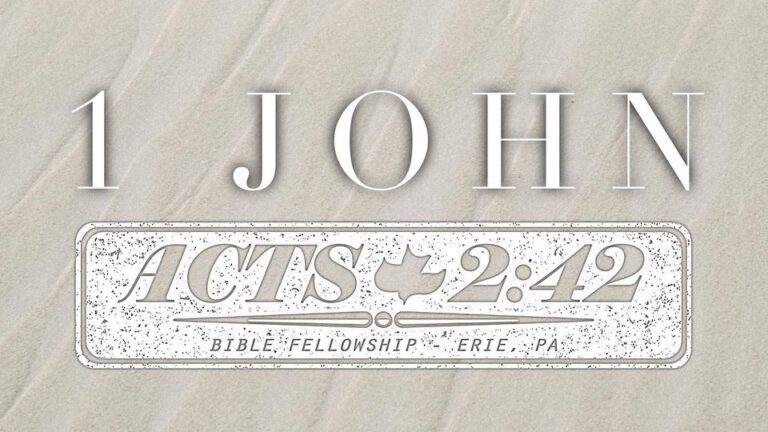Outline of the Sermon
1. Introduction
- Context: The sermon focuses on Jesus’ triumphal entry into Jerusalem during the Passover festival, a time when over 2 million people gathered in the city.
- Key Theme: Jesus is presented as the Lamb of God, whose sacrifice during Passover offers atonement for sins, providing the sole basis for salvation—not human works.
2. Jesus’ Mission and Purpose
- Awareness: Jesus knew his mission was to be the ultimate Passover Lamb, sacrificed for humanity’s sins.
- Salvation: Rick emphasizes that salvation comes through Jesus’ sacrifice at Calvary, not through good deeds, drawing a parallel to the blood of the lamb in the Exodus story protecting the Israelites.
3. The Triumphal Entry
- Event: Jesus instructs his disciples to fetch a donkey and its colt, fulfilling Zechariah 9:9, and rides into Jerusalem.
- Symbolism: The donkey represents humility and peace, contrasting with Roman conquerors who entered on horses, symbolizing power and force.
4. Prophecy and Fulfillment
- Scripture: Jesus quotes Zechariah 9:9 but omits phrases like “rejoice greatly” and “having salvation,” indicating these will be fulfilled later.
- Purpose: Rick explains that the full rejoicing and salvation will occur at Jesus’ second coming, not his first entry.
5. The Second Coming
- Description: Revelation 19 depicts Jesus returning on a white horse as a conquering king to judge and wage war, unlike his humble first coming.
- Role of Believers: The church will return with Jesus to rule and reign, not to fight, as Jesus alone brings victory.
6. The Millennial Kingdom
- Vision: Rick describes a 1,000-year reign of peace under Jesus, citing Isaiah 11:6-9, where nature is transformed—wolves dwell with lambs, and children safely lead lions.
- Transformation: This kingdom will reverse the curse, bringing unprecedented peace and harmony to creation.
7. Cleansing the Temple
- Action: Jesus drives out merchants and money changers from the temple, declaring it a “house of prayer” misused as a “den of thieves.”
- Message: Rick condemns commercialization in ministry, urging the church to focus on prayer and service, not profit.
8. The Role of the Church
- Purpose: The church should be:
- A House of Prayer: A place to seek God’s presence and grow through prayer.
- A Place for Help: A safe space to bring burdens and receive support from the body of Christ.
- A Place of Healing: Where spiritual and physical healing occurs through faith in Jesus.
- A Place of Praise: A community that glorifies God for His works.
- Call: Rick encourages selfless service and seeking God’s kingdom first (Matthew 6:33), not personal gain.
9. Praise and Worship
- Importance: Praise, exemplified by children shouting “Hosanna” in the temple, is a joyful recounting of God’s deeds that brings healing and clarity.
- Contrast: The religious leaders were indignant at Jesus receiving praise, revealing their self-centeredness; true praise shifts focus to God and cures negativity.
10. Conclusion
- Exhortation: Rick calls the congregation to be prayerful, seek healing through forgiveness and surrender, and praise God continually.
- Vision for the Church: It should be a place where people encounter Jesus’ love and power, leaving transformed to share His grace with the world.
[Mat 21:1-17 NKJV] 1 Now when they drew near Jerusalem, and came to Bethphage, at the Mount of Olives, then Jesus sent two disciples, 2 saying to them, “Go into the village opposite you, and immediately you will find a donkey tied, and a colt with her. Loose [them] and bring [them] to Me. 3 “And if anyone says anything to you, you shall say, ‘The Lord has need of them,’ and immediately he will send them.” 4 All this was done that it might be fulfilled which was spoken by the prophet, saying: 5 “Tell the daughter of Zion, ‘Behold, your King is coming to you, Lowly, and sitting on a donkey, A colt, the foal of a donkey.’ ” 6 So the disciples went and did as Jesus commanded them. 7 They brought the donkey and the colt, laid their clothes on them, and set [Him] on them. 8 And a very great multitude spread their clothes on the road; others cut down branches from the trees and spread [them] on the road. 9 Then the multitudes who went before and those who followed cried out, saying: “Hosanna to the Son of David! ‘Blessed [is] He who comes in the name of the LORD!’ Hosanna in the highest!” 10 And when He had come into Jerusalem, all the city was moved, saying, “Who is this?” 11 So the multitudes said, “This is Jesus, the prophet from Nazareth of Galilee.” 12 Then Jesus went into the temple of God and drove out all those who bought and sold in the temple, and overturned the tables of the money changers and the seats of those who sold doves. 13 And He said to them, “It is written, ‘My house shall be called a house of prayer,’ but you have made it a ‘den of thieves.’ ” 14 Then [the] blind and [the] lame came to Him in the temple, and He healed them. 15 But when the chief priests and scribes saw the wonderful things that He did, and the children crying out in the temple and saying, “Hosanna to the Son of David!” they were indignant 16 and said to Him, “Do You hear what these are saying?” And Jesus said to them, “Yes. Have you never read, ‘Out of the mouth of babes and nursing infants You have perfected praise’?” 17 Then He left them and went out of the city to Bethany, and He lodged there.





